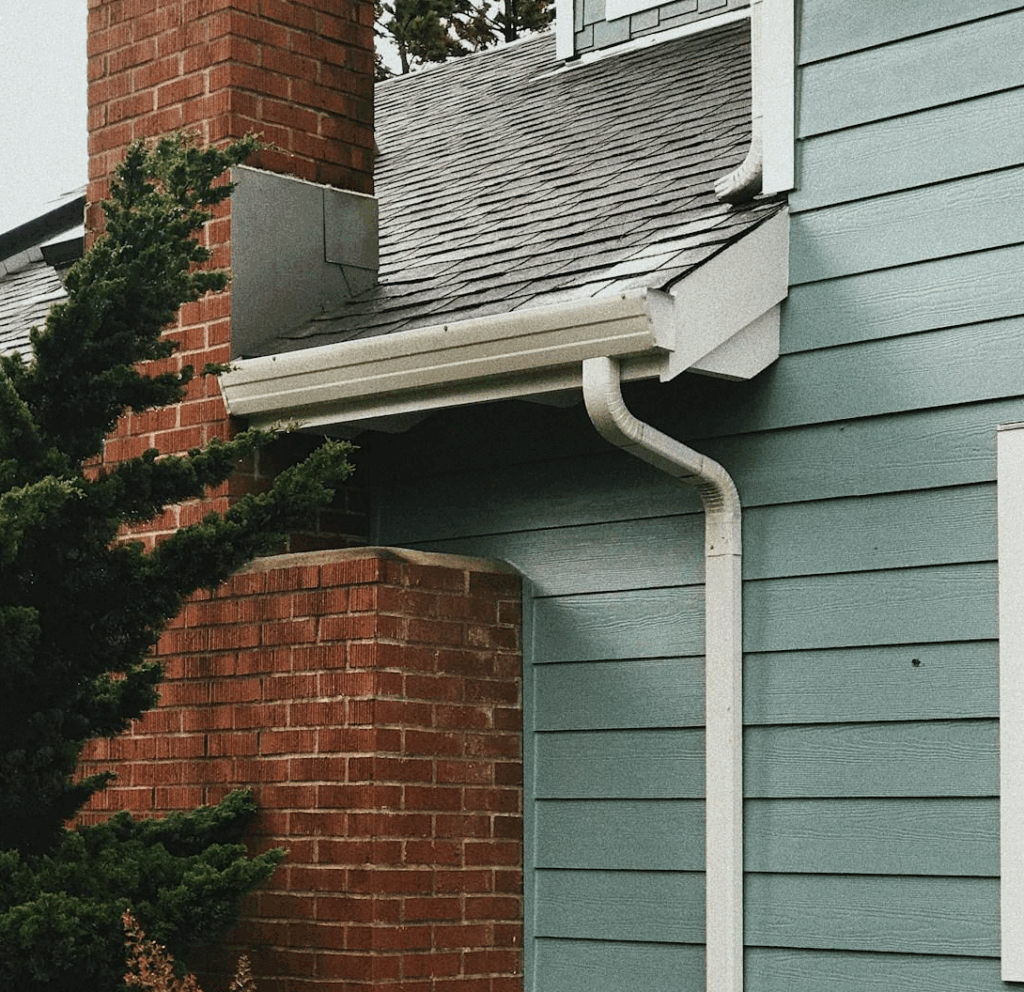
We love our sunny Colorado days, but when the rainy season rolls in — typically in late spring and early summer — it’s important to make sure your home is ready. In the Denver metro area, especially in neighborhoods with older homes or mature landscaping, water management can be the key to preventing costly damage.
Here are five essential ways to protect your home from water intrusion during Denver’s rainy season.
1. Improve Your Exterior Grading
The ground around your home should slope away from your foundation. Over time, soil settles and creates low spots that allow rainwater to pool near the base of your home. This increases the risk of foundation cracks or basement leaks.
Quick Tip: Walk around your house after a heavy rain. If you see standing water or soggy patches near the foundation, you may need to add soil or regrade those areas. Landscape companies or handymen can often help with this at a reasonable cost.
2. Clean Your Gutters
Clogged gutters are one of the most common causes of water problems during rainy months. When gutters are blocked with leaves and debris, rainwater overflows and spills down your siding or into your foundation.
What to Do: Clean your gutters at least twice a year — once in the spring and again in the fall. If your home is surrounded by trees, you might need to clean them more frequently. Consider installing gutter guards to reduce buildup and cut down on maintenance.
3. Extend and Inspect Your Downspouts
Downspouts should direct water at least three to six feet away from your home. Short or damaged downspouts often allow water to pool right next to the foundation, which defeats the purpose of your gutter system.
Easy Fix: Add downspout extenders from your local home improvement store to carry water further into your yard. Make sure they are angled properly to keep the water flowing away.
4. Check Your Sump Pump
If you have a basement, a sump pump is your best defense during heavy rain. Like any mechanical system, it needs to be tested regularly to ensure it is working properly when you need it.
Test It Like This: Pour a bucket of water into the sump pit. The pump should turn on, remove the water, and shut off. If it doesn’t activate or runs slowly, it may need maintenance or replacement. Consider adding a battery backup in case the power goes out during a storm.
5. Consider Installing a French Drain
If your yard tends to flood or you have persistent water near the foundation, a French drain may be a good solution. These underground systems use gravel and perforated pipe to redirect water away from your home.
When to Call the Pros: French drains require careful planning and professional installation. If water issues are ongoing or you’ve tried other solutions with no success, a landscape drainage contractor can design a system tailored to your property. You may need to call a foundation repair company to install or repair your foundation drainage system that leads to your sump pump.
Protect Now, Save Later
Rainwater might seem harmless, but when it collects near your home, it can lead to serious damage. Taking time to walk your property, make small improvements, or schedule an inspection can help prevent major repair costs down the road.
If you’re planning to sell your home in the Denver area this summer, this type of maintenance shows potential buyers your home is well cared for and can prevent unwanted surprises during inspection.
Need a referral to a local gutter expert, landscaper, or plumber? I have trusted professionals I’m happy to recommend.
Want more homeowner tips like this?
Sign up for my weekly newsletter for real estate updates, seasonal advice, and homeowner how-tos tailored to life in Littleton and the Denver metro area.
